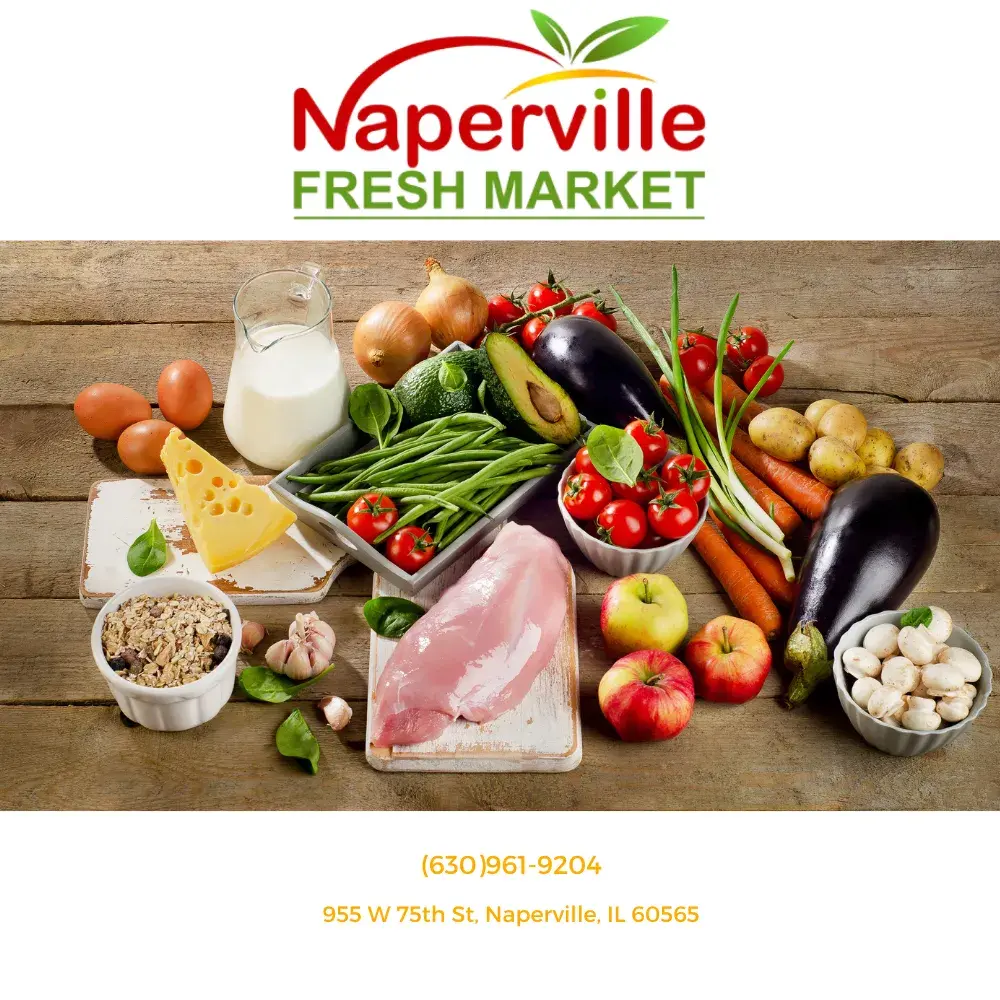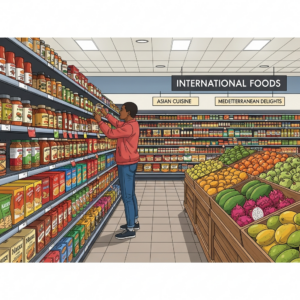Organic certification is a cornerstone of trust and quality in the organic food industry. For fresh produce suppliers, adhering to these standards ensures credibility while meeting the growing consumer demand for sustainable and healthy choices. This guide delves into the key aspects of organic certification and its impact on suppliers.
Core Principles Behind Organic Certification
Organic certification for fresh produce focuses on sustainable farming practices that promote environmental health and biodiversity. Suppliers must use natural fertilizers, avoid synthetic pesticides, and ensure non-GMO seeds. These principles help maintain the integrity of organic food, emphasizing eco-friendly methods that support soil health and reduce chemical dependency.
The Certification Journey for Fresh Produce Suppliers
Becoming certified requires suppliers to undergo a detailed evaluation process. This involves submitting comprehensive farm management plans, keeping meticulous records, and undergoing annual inspections by certified organizations. The process ensures that every step of the supply chain, from planting to packaging, complies with organic food standards. Successfully completing certification not only validates the supplier’s efforts but also enhances their marketability.
Building Consumer Confidence Through Certification
Consumers value transparency when choosing organic food, especially fresh produce. Certification serves as a reliable assurance that products meet stringent organic guidelines. For suppliers, this seal of approval builds trust with buyers, reinforcing their commitment to quality and ethical practices. By displaying the organic label, suppliers distinguish themselves in a competitive marketplace.
Sustainability and Market Opportunities
Organic certification contributes to sustainability by encouraging agricultural practices that preserve natural resources and reduce environmental impact. For fresh produce suppliers, it opens doors to lucrative markets, including health-conscious consumers and retailers seeking certified organic food. As demand for organic produce continues to rise, certification positions suppliers to thrive in this growing industry.
Organic certification is more than a regulatory requirement for fresh produce suppliers; it’s a commitment to quality, sustainability, and trust. By adhering to these standards, suppliers can meet market demands while contributing to a healthier planet.
Learn More
How Organic Certification Standards Ensure Quality in the Supply Chain
What Are Organic Certification Standards and Why They Matter for Suppliers




